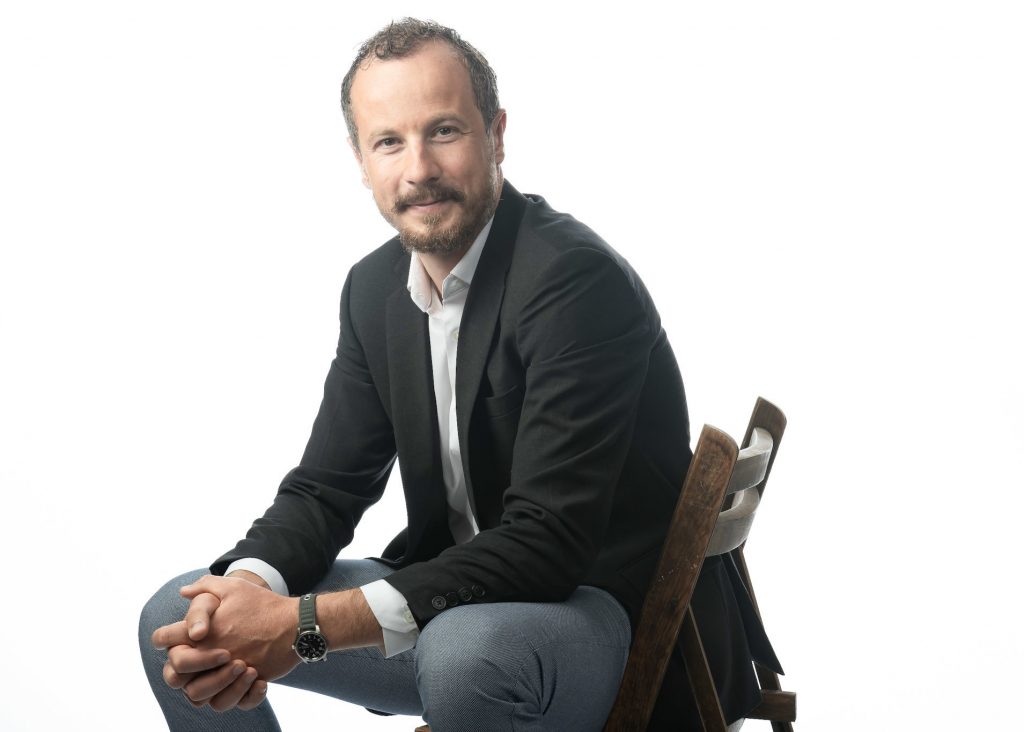Serghei Mangul, PhD joined the faculty of the Titus Department of Clinical Pharmacy as assistant professor of pharmacy on September 1 after completing a postdoctoral fellowship at UCLA’s Institute for Quantitative and Computational Biosciences. Before that, he was a visiting scholar at Harvard Medical School after earning his PhD in bioinformatics at Georgia State University.
His work combines expertise in computational biology and bioscience to help close the digital divide that can prevent life scientists from maximizing the potential of data-driven investigation.
Mangul’s research focuses on improving the techniques of bioinformatics — computational analysis of biological data — to better understand the mechanisms of disease. “The mission of my lab is to design, develop and apply novel and robust data-driven, computational approaches that will accelerate the diffusion of genomics and biomedical data into translational research and education,” he says.
“Dr. Mangul is an outstanding scientist and a rising star in the fields of bioinformatics and genetics,” says Paul Beringer, chair of the Titus Family Department of Clinical Pharmacy. “We are excited about his recruitment and look forward to his joining our emerging clinical data science group.”
Mangul was born in Moldova, which was once part of the Soviet Union and is now considered a lower-middle-income country. He feels strongly that the interdisciplinary field of bioinformatics should not be the sole province of wealthy nations.
While at UCLA, Mangul helped create a plan for training research faculty in developing nations on how to enhance their bioinformatics programs through cloud computing and big data analysis. Nature Biotechnology published the concept paper, and Mangul’s team also developed an online resource guide.
“A computer and a high-speed internet connection are all that’s required for good bioinformatics studies, and these resources are often already at universities in lower-income countries,” he adds. “There is already a lot of publicly available data in genomics and in related fields that could yield impactful insights that would be locally relevant.”
Mangul is also committed to involving greater numbers of undergraduates in genomics research. At UCLA, he ran the Undergraduates in Genomics program. “Engaging undergraduates in computational tasks can improve genomic research and laboratory productivity, benefiting both students, postdoctoral scholars and senior laboratory members,” he says. “For undergraduates who are primarily involved in the life sciences, participating in computational genomic research can be a transformational experience in interdisciplinary teamwork that increasingly characterizes modern life sciences research.”
“Serghei is part of the school’s continuing growth in data science,” says Dean Vassilios Papadopoulos. “He is a young faculty member who stands out for his creativity, and his presence here will allow USC to expand collaborations with other schools.”


